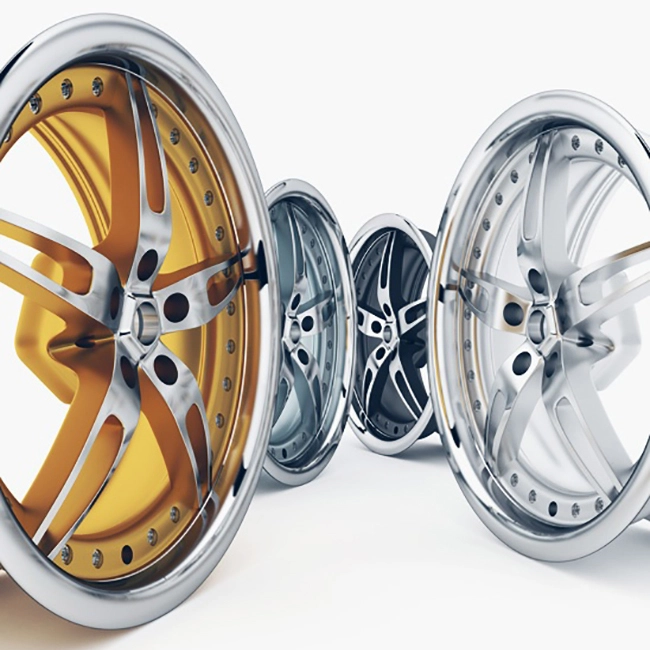mechanical oil seal
Understanding Mechanical Oil Seals An Essential Component in Machinery
Mechanical oil seals are critical components used in various applications across a wide range of industries. These seals play a vital role in preventing the leakage of lubricants and fluids, thereby ensuring the proper functioning of machinery and extending the lifespan of mechanical systems. In this article, we will explore the types, working principles, applications, and benefits of mechanical oil seals.
What is a Mechanical Oil Seal?
A mechanical oil seal, often referred to simply as an oil seal, is a device used to seal the space between two or more moving parts. It is designed to retain lubricating oil in a system while preventing contaminants such as dirt, dust, and moisture from entering. Typically made from elastomeric materials, oil seals feature a flexible lip that provides a tight seal, allowing them to withstand varying pressures and temperatures.
Working Principles
The primary function of a mechanical oil seal is to create a barrier that maintains the integrity of the lubricant and prevents leakage. The seal comprises several components, including the seal body, flexible lip, and a metal casing. When installed, the flexible lip makes contact with the rotating shaft or housing. This contact generates a small amount of friction that allows the seal to adapt to imperfections on the surface while maintaining a compressive force that prevents fluid escape.
As the shaft rotates, the oil seal’s design ensures that the lubricant stays in place. The lip of the seal can take on different profiles—such as convex or trapezoidal—to optimize its sealing performance depending on the specific application. Additionally, some seals incorporate features like springs to maintain the necessary pressure against the shaft, further improving efficiency.
Types of Mechanical Oil Seals
There are several types of mechanical oil seals used in the industry, classified based on their design and materials
1. Single Lip Seals These are the most common type, featuring a single sealing lip that prevents fluid leakage. They are simple in design and easy to install.
2. Double Lip Seals These seals have two lips, providing an additional layer of sealing. They are ideal for applications where contaminants need to be kept out, as the second lip acts as a barrier.
mechanical oil seal

3. Spring-Loaded Seals These seals feature a spring mechanism that helps maintain contact with the shaft, providing a more reliable seal and reducing wear.
4. Custom Seals For specific high-performance needs, manufacturers can create custom seals tailored to unique applications, ensuring optimal performance.
Applications of Mechanical Oil Seals
Mechanical oil seals are widely used in numerous industries, including automotive, aerospace, manufacturing, and farming. Some common applications include
- Automotive Engines Oil seals are prevalent in engines, where they prevent oil leakage from areas like the crankshaft and camshaft. - Industrial Machinery In factories, oil seals are essential for hydraulic and pneumatic systems to keep fluids contained and operational. - Home Appliances Various household appliances, such as washing machines and refrigerators, utilize oil seals for efficient performance.
Benefits of Using Mechanical Oil Seals
Implementing mechanical oil seals in machinery offers several advantages
- Leak Prevention By effectively containing petroleum-based fluids, oil seals reduce the risk of leaks, which can lead to equipment malfunction and costly repairs. - Contamination Control Seals prevent dust and dirt from entering critical areas, preserving the integrity of the lubricants and components within. - Cost Efficiency By reducing maintenance needs and enhancing equipment longevity, oil seals contribute to lower operational costs.
Conclusion
Mechanical oil seals are indispensable components in modern machinery that contribute significantly to efficiency, reliability, and cost-effectiveness. Given their versatility and the essential roles they play in preventing leaks and contamination, understanding their workings and applications is crucial for anyone involved in the maintenance or design of mechanical systems. Investing in high-quality mechanical oil seals ensures that machinery operates smoothly, fulfilling its intended functions with minimal downtime.
-
The Ultimate Guide to Car Repair Kits: Tools and Essentials Every Driver Should Own
News Aug.01,2025
-
The Complete Guide to Oil Pan Gaskets: Sealing Engine Leaks the Right Way
News Aug.01,2025
-
Preventing Oil Leaks: A Complete Guide to Oil Pan Gaskets and Drain Seals
News Aug.01,2025
-
Everything You Need to Know About Oil Pan Gaskets and Drain Plug Seals
News Aug.01,2025
-
Essential for Car Owners: How to Use a Car Repair Kit to Deal with Minor Breakdown
News Aug.01,2025
-
Comprehensive Guide to Engine Oil Sump Gaskets and Related Seals
News Aug.01,2025
-
The Ultimate Guide to Boat Propeller Bearings and Trailer Wheel Bearings
News Jul.31,2025
Products categories















